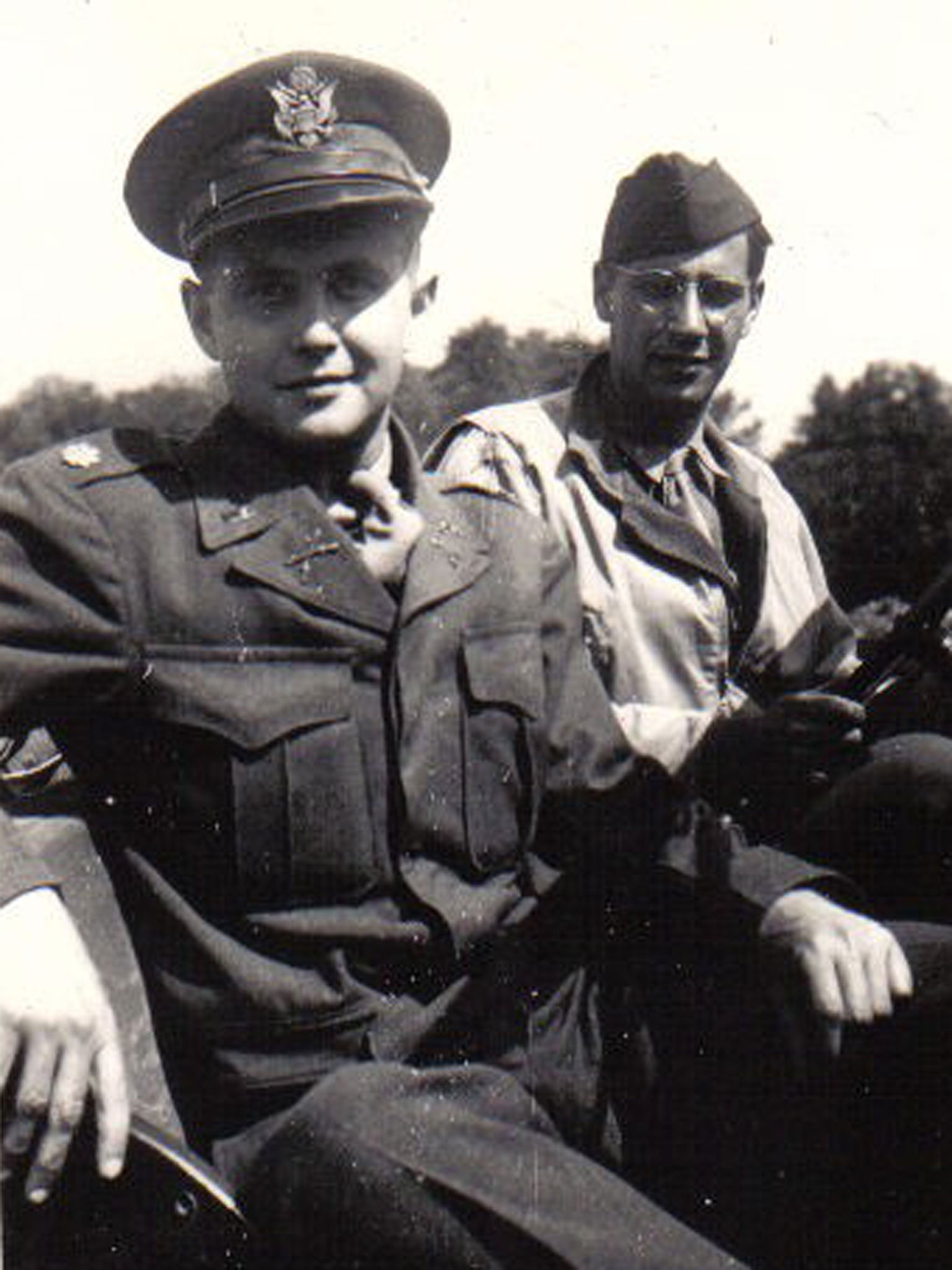Colonel Earl Browning: Counter-intelligence officer who was a lone voice in opposing the use of Klaus Barbie as a paid informant

Earl Browning was a counter-intelligence officer in occupied Germany after the Second World War who raised persistent but unheeded objections when the US military began using the notorious Gestapo chief Klaus Barbie as a paid informant. Browning had served in the Counter Intelligence Corps in Normandy and at the Battle of the Bulge. At war's end he was stationed in Frankfurt, monitoring intelligence activities in the US-occupied zone.
Former Nazi intelligence officers and police chiefs began peddling themselves as informants, Barbie among them. He was wanted for his involvement in a clandestine organisation of former SS officers; little was known about his stint as Gestapo chief in Lyon, where he ordered the death, torture or deportation of Jews and Resistance fighters. Because of the chaos of the era, Barbie – the "Butcher of Lyon" – easily cloaked the extent of his wartime atrocities.
In 1947, Barbie sent word through another CIC informant that he wanted to help the Americans. He impressed his handlers as a charismatic and savvy operator and established a network of sub-informants. But Browning was stunned, and argued for Barbie to be detained, but his opponents in the CIC feared that Barbie knew too much about the organisation's operations, which included spying on Allies such as the French. Browning briefly prevailed and Barbie was held from December 1947 until the following May and was officially dropped as an informant a few months later. But in fact he worked with handlers at a CIC safehouse in Augsburg for the next three years.
Browning returned to the US in August 1949. The following year the French government made an extradition request and accused CIC officers of deceiving civilian authorities about their relationship with Barbie. The CIC sent Barbie Bolivia under false papers in 1951 and he spent the next three decades as a businessman in La Paz under an assumed name. A short-lived civilian government in Bolivia extradited Barbie to France in 1983. In 1987 he was sentenced to life imprisonment and died in prison in 1991.
Browning became an Army public affairs officer and served in Saigon in 1967 and 1968. He later appeared in Marcel Ophüls' Oscar-winning 1988 documentary Hotel Terminus about the Barbie legacy.
Adam Bernstein
Earl Staten Browning Jr, counter-intelligence officer: born Mediapolis, Iowa 7 September 1917; married 1941 Elisabeth Holt (died 2005; one daughter and two sons); died Charlottesville, Virginia 23 October 2013.
© The Washington Post
Subscribe to Independent Premium to bookmark this article
Want to bookmark your favourite articles and stories to read or reference later? Start your Independent Premium subscription today.

Join our commenting forum
Join thought-provoking conversations, follow other Independent readers and see their replies